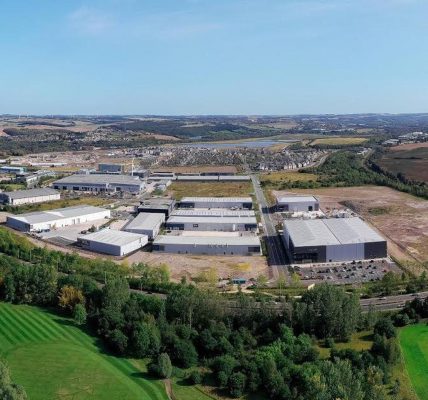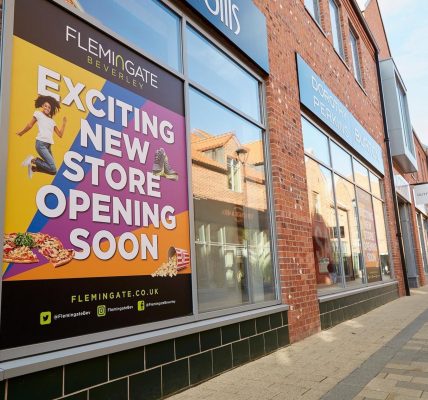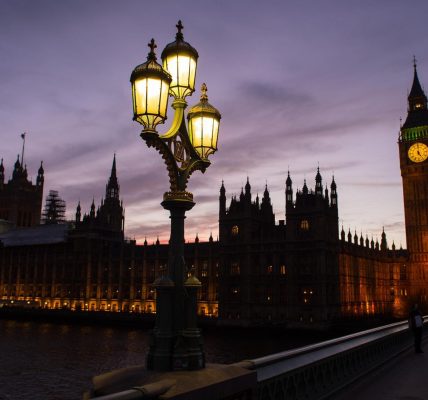Think Tank says Government decision making is 'stuck back to the 1990s' and that it lacks a long-term plan for the North
Think Tank says Government decision making is 'stuck back to the 1990s' and that it lacks a long-term plan for the North
The Government has been accused of turning back the clock to the 1990s in adopting a piecemeal approach to tackling regional economic disparity.
The chief executive of the economic think tank the Centre for Cities, Andrew Carter, told The Fond News that important long-term initiatives such as a White Paper on devolution, the Industrial Strategy and the move towards a Net Zero economy had been kicked into the long grass.
Instead Mr Carter said the Government was favouring short-term policies which he compared to the Conservative and Labour governments of the 1990s and 2000s and said that a comprehensive economic plan would have given the UK business community the confidence to begin investing and creating jobs.
He added that the swift and effective roll outs of the furlough scheme and Universal Credit top up showed that the Government could quickly enact meaningful reforms.
“You can debate the merits of the individual schemes that were announced, whether it was freeports or the relocation or town deals etc, “ he said.
“But it really feels like a move away from the Government from a bigger strategic perspective on what needs to be done to rebalance the economy.
“The Industrial Strategy has been sidelined, the Industrial Strategy Council has been sidelined, the devolution white paper is not near to being published. Those bigger instruments for thinking about how we rebalance the economy I think the Government has really moved away from those and what we got from the Budget was just a set of initiatives and schemes.
“It felt to me in some respects that we were going back to the Nineties or early noughties when Governments were criticized for ‘initiative-itus’ – a scheme for this and a scheme for that.
“But when you step back, is the totality of this investment going to rebalance the economy? I think probably not.”
Mr Carter’s views came in the same week in which Bradford Council leader Susan Hinchcliffe who told a House of Lords select committee that the need for a long range plan was acute and that it should look ahead as far as 20 years.
She said: “We need the long term investment plan with governments saying this is what we’re going to deliver.”
Mr Carter also warned that the regions of England were having little or no say in any of the policy decisions made at the Budget and policy making was still too centralised.
“I think it reconfirms the Government in the driving seat,” he said.
“All of these schemes are all about the Government making the decision about what initiative to introduce, the Government debating which part of the country gets the initiative or gets to bid for it, the Government is deciding who gets the money.”
Mr Carter said that the Budget statement provided by Chancellor Rishi Sunak last week had been a missed opportunity to signal to the private sector that they should look to create jobs, citing the Government’s net zero carbon target as a prime area in which it could have taken action.
“What was largely absent, other than warm words, is what it is we are going to be doing on net zero. Once the Government is clear, that encourages businesses to invest into technology and skills that will have a huge impact on the labour market up and down the country.
“If you are second guessing what the Government is going to do then all you do is sit on your hands. The Government has to provide some kind of certainty.
“It will improve skills and it is a growing part of the economy. Investment in skills will pay off and its long term. It is generational if nothing else.
“If the pandemic and the ensuing unemployment challenge is not the catalyst for this then what is?”
Mr Carter said the rapid deployment of the furlough scheme at the start of the pandemic showed that the Government was capable of quickly deploying far-reaching measures and that this should have set a precedent.
“It showed us that with effort and will that we can achieve these things,” he said.
“We don’t have to fall into this fatalism. If we deploy enough resources and effort and political will we can do these things.”
A Government spokesperson said: “Rebalancing the economy is at the heart of our levelling up agenda and we have clear and ambitious plans to achieve it.
“Our new Plan for Growth will unleash potential in every region of the UK as we drive economic growth, create jobs, cut emissions and support British industry as we build back better from the pandemic. It is a plan that sets out our clear focus on high quality infrastructure, innovation and a green industrial revolution as well as making the most of the strengths of the Union.”










